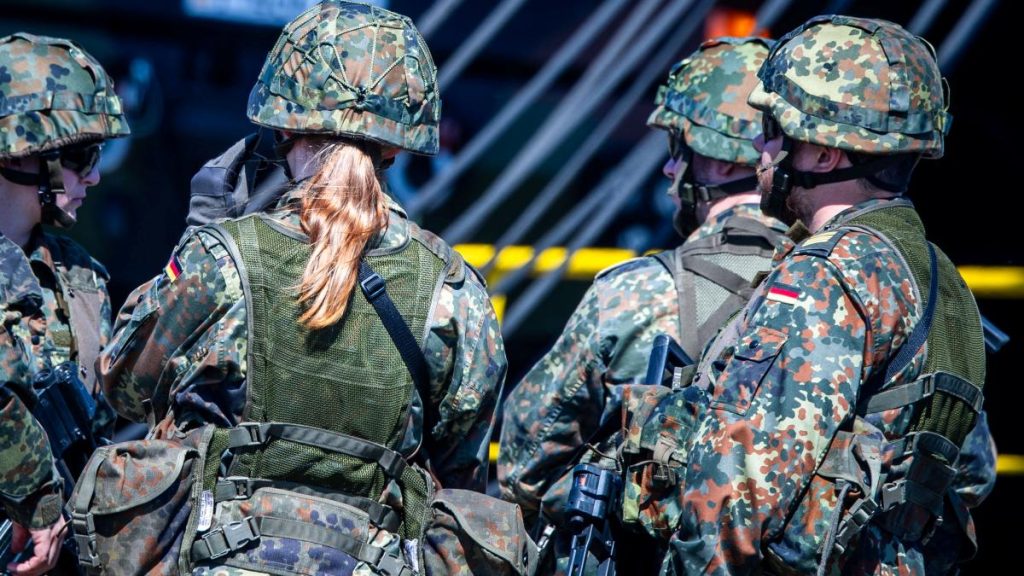The German Federal Defence Commissioner, Eva Högl, and the Minister President of Schleswig-Holstein, Daniel Günther, have expressed their support for the reintroduction of mandatory military service for young women in Germany. They both believe that it is no longer appropriate to only focus on young men when considering conscription. However, they clarified that they are not advocating for a return to the previous form of mandatory military service. They believe that new concepts and a comprehensive societal approach are needed in the current debate, emphasizing the need for both men and women in the defense forces.
Günther proposed a temporary mandatory military service for both genders until a universal conscription is implemented. He suggested that in the long term, military service should be redefined within the framework of universal conscription. Discussions are ongoing about potential models where young men and women could choose between serving in the military or other sectors such as social services, environmental conservation, or development aid. Defence Minister Boris Pistorius has also raised the idea of adopting the Swedish model, where all young people are assessed but primarily rely on voluntary participation.
Former Defence Commissioner Hans-Peter Bartels argued that mandatory military service is essential, describing it as “inescapable.” Since its suspension in 2011, there has been an increasing number of vacant positions within the Bundeswehr. Currently, approximately one-tenth of the desired total strength of around 200,000 soldiers remains unfilled. Given the current security situation, a higher total strength is deemed necessary. The proponents of mandatory military service believe that it is crucial for maintaining the required personnel levels within the armed forces.
The proponents of mandatory military service believe that the inclusion of women in the draft is crucial for modernizing the military and achieving gender equality. They argue that in an era of equal rights, it is no longer acceptable to exclude women from mandatory military service. However, they stress the importance of developing new approaches and frameworks that reflect the changing needs of society and the defence sector. They emphasize the need for a balanced gender mix within the Bundeswehr to enhance its operational capabilities and effectiveness.
The debate surrounding mandatory military service in Germany is ongoing, with various stakeholders proposing different models and approaches to address the recruitment challenges faced by the Bundeswehr. The supporters of mandatory military service argue that it is essential for maintaining the necessary personnel levels within the armed forces and adapting to the evolving security landscape. They believe that a comprehensive societal approach is needed to ensure a diverse and balanced recruitment pool that reflects the diverse needs and challenges of the modern military. The discussions around mandatory military service for women reflect broader conversations around gender equality and the role of women in the armed forces.















